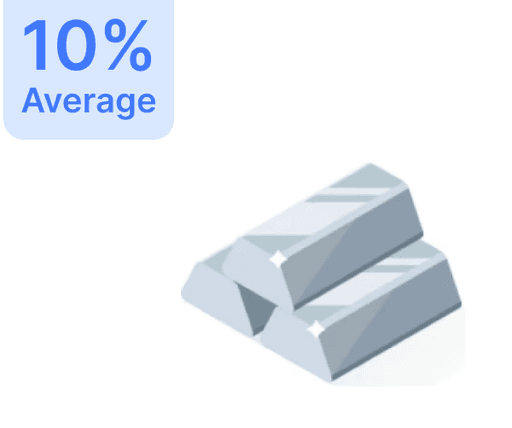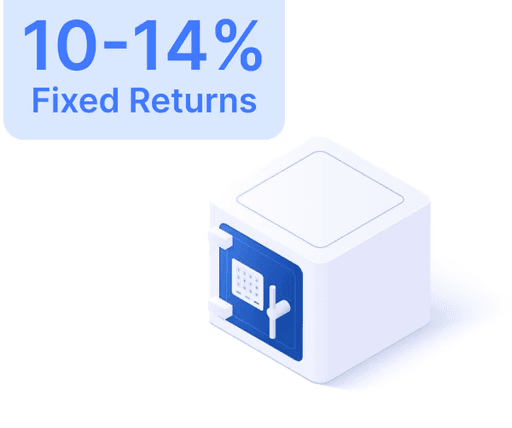
How Mutual Funds Propel Wealth Creation: A Deep Dive

 Jun 17, 2024
Jun 17, 2024 7 Mins
7 MinsThis module explores personal finance with a keen focus on mutual funds and their significance in wealth creation. As key investment tools, understanding the diverse categories and associated risk-reward dynamics of mutual funds is essential for informed investing.
The module begins by introducing mutual funds and their benefits, explaining different types such as equity, debt, hybrid, solution-oriented, and other schemes. Each type includes subcategories designed to meet specific investment strategies.
The core emphasis lies on equity mutual funds, a preferred choice among retail investors. Detailed insights into subcategories like large-cap funds, mid-cap funds, small-cap funds, and large & midcap funds are provided, highlighting their risk-return profiles.
The module stresses the importance of the right mindset and expectations, cautioning against short-term perspectives and frequent fund switching. Advocating for a long-term investment strategy, it advises investors to focus on the sustained performance of funds rather than temporary news.
Examples of top-performing mutual funds within each subcategory are presented, emphasizing the value of allowing investments sufficient time for potential returns. The module also mentions SEBI's October 2017 circular on mutual fund categorization, aimed at resolving issues with overlapping strategies and vague definitions.
The upcoming chapter will continue to explore remaining equity subcategories and introduce debt funds. As the module evolves, additional content will be added over time.
Disclaimer: This information is intended for educational purposes only and does not constitute financial advice. Consulting a professional financial advisor is advised before making any investment decisions.
- MSMEs
- CIBIL
- MICR Code
- RTGS
- IMPS
- NEFT
- NBFCs
- TDS
- KYC
- IRDA
- GRN
- PIN
- OTP
- Indian Succession Act, 1925
- UPI
- RBI
- Muhurat Trading
- UIDAI
- URN
- SSUP
- GST
- SIP
- ETF
- MICR
- Folio No.
- PAN
- SFB
- NGO
- KEGF
- MED
- AuM
- PFRDA
- UPI PIN
- REITs
- NRIs
- ETFs
- SEBI
- SWIFT
- AUM
- UX
- NPAs
- ESG




